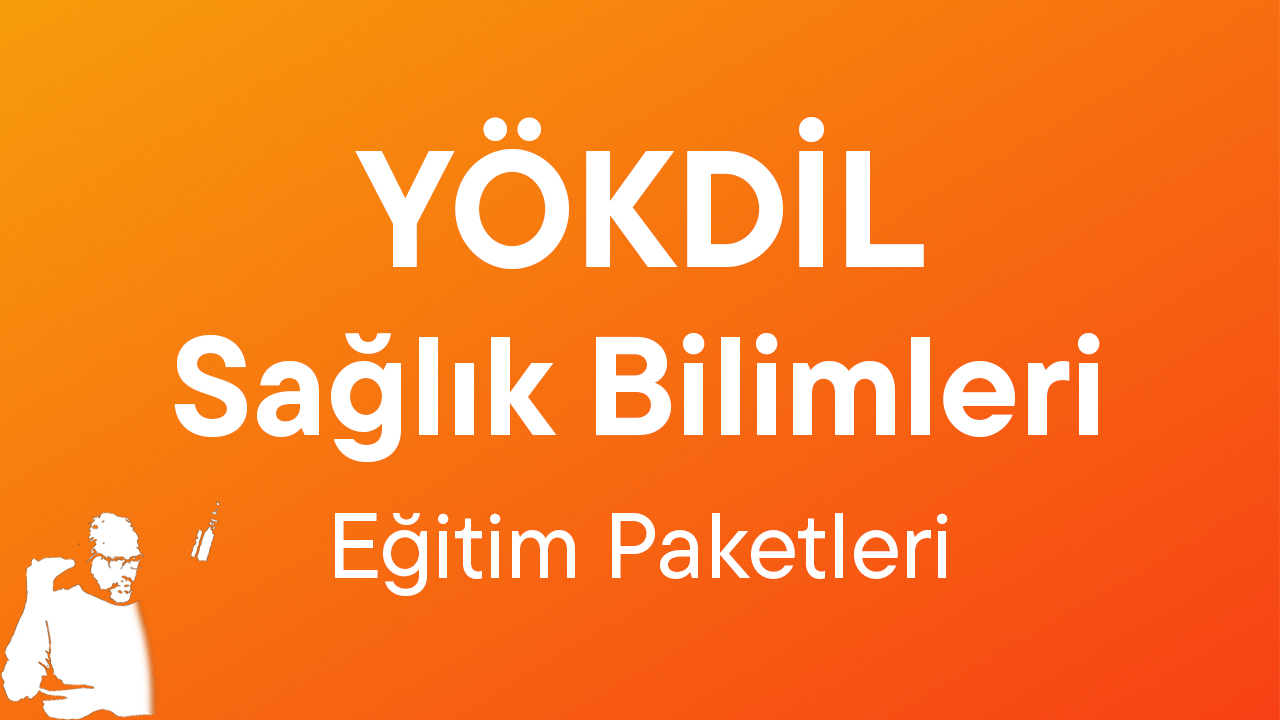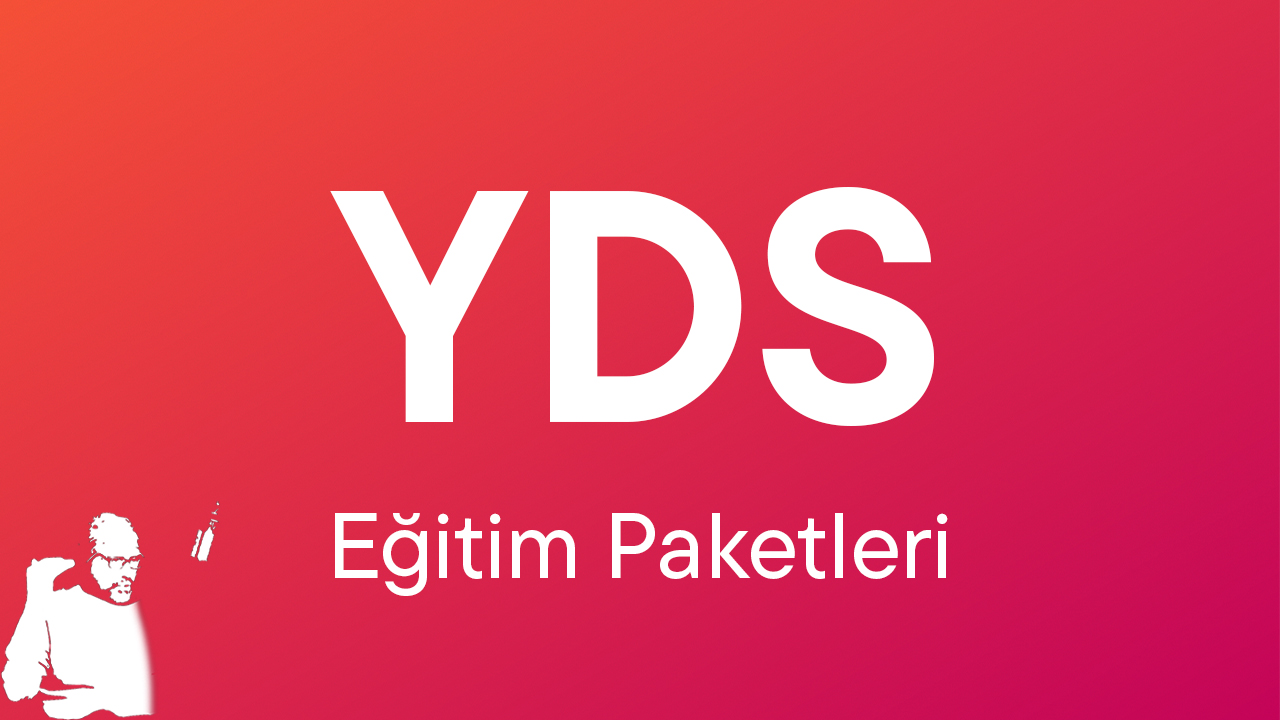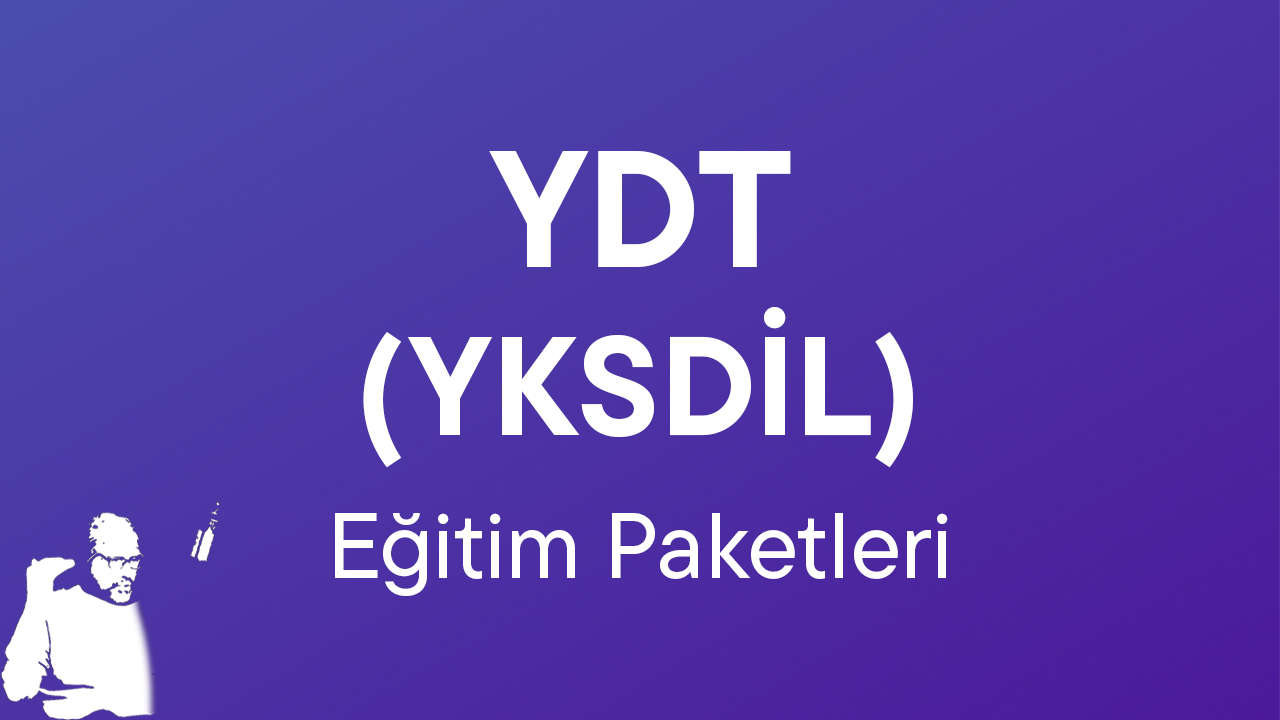
Advice on Learning a New Language From People Who Speak up to 16
Anyone can learn a new language, no matter their age. Simply follow this expert advice down the sweet-talking path to success.
Being fluent in a language other than your own is a skill in a league of its own. But what if you could speak 6, 10, or even 15 languages? It’s not impossible—in fact, a person who can speak 5 or more tongues is known as a “polyglot,” and many people take on languages as a hobby.
We spoke with some of these polyglots—Conor Clyne (Language Tsar); Donovan Nagel (the Mezzofanti Guild); John Fotheringham (Language Mastery); Olly Richards (I Will Teach You Language); and Shannon Kennedy (of the Fluent in 3 Months team)—who each speak anywhere from 6 to 16 languages, many of which they acquired in adulthood. How difficult is it really for adults to pick up une deuxième langue? Read on for expert advice from these multilingual masters, who insist we’re all capable of learning new languages at any point in our lives.
First: Why embark on the challenge of learning a foreign language?
“Even knowing just a modicum of a new language opens up so many doors that remain closed to monolinguals,” Fotheringham explains. “When I was working at a startup in Bangladesh, I only knew a smattering of Bengali words and structures, but this helped me forge much stronger personal and professional relationships and helped show respect for the local culture.” Clyne agrees that it helps to be multilingual: “The more I traveled, the more I realized how much knowing a language gets people to open up to you,” he says.
An added bonus? Research shows that learning new languages helps us to retain neuroplasticity into old age, keeping our brains young and active.
Tip #1: Speak, speak, speak
It’s one thing to learn vocabulary and memorize common words and phrases, but if you want to truly be capable of holding conversations in another language, you have to put yourself in situations that require real-life language exchange. “Spend your time actually acquiring languages, not just studying them,” says Fotheringham. “The two are very different beasts, which is one of the major reasons most adult language learners fail, despite years of effort. They spend all their time reading about the language instead of spending the requisite time immersed in it. This is like trying to learn how to drive by reading a car’s owner manual.”
In this sense, interacting with people who speak your target language is essential for serious language learners, even if it initially feels downright strange. “For a lot of learners, speaking is the hardest part of learning a language because there are so many things that play into it,” says Kennedy. “[But] the sooner you can conquer your fears regarding this aspect, the better off you are.”
Talking to people who speak the language you’re learning will help you practice expressing your thoughts quickly and intuitively instead of mentally translating sentences before you say them and piecing them together in advance. Nagel promotes a method known as “chunking,” which involves listening to chunks of language—several common words used together in fixed expressions—and repeating them verbatim until they start to come from you naturally. (This is similar to how musicians repeat scales until they become second nature.)
The bottom line is, listening to how native speakers pronounce and use words is crucial in learning how to produce those same sounds yourself. Commit to surrounding yourself with your target language as much as you can starting from day one, and you’ll be amazed at how quickly things start to sink in.
Tip #2: Use the right study tools and methods
Still, this doesn’t mean that if you want to learn German you need to move to Deutschland. Access to Wi-Fi unlocks myriad online resources that allow you to interact with native speakers face to face (such as Zoom, Facetime, or Skype, for example). The internet is also host to a number of helpful translation apps, websites, and textbooks to choose from to compile a hearty at-home learning toolkit. You could even consider hiring a language coach or tutor—whatever combination makes you feel most comfortable in your path to success.
“As you progress, begin to spend more time listening and reading,” recommends Richards. “Find listening material in the language you’re learning that is slightly above your current level. Make sure it comes with a written transcript. Spending regular time listening and reading (at the same time) gives you large amounts of exposure to the language, which is essential to becoming more proficient.”








